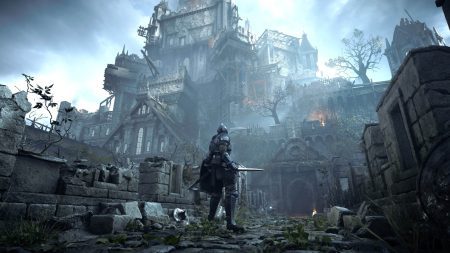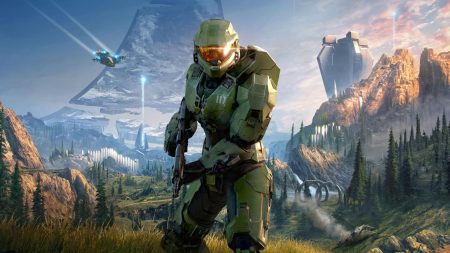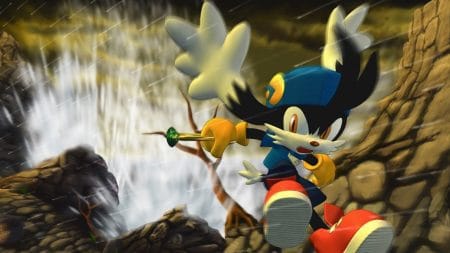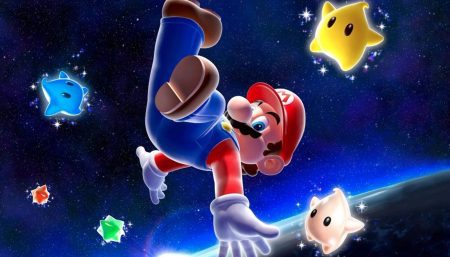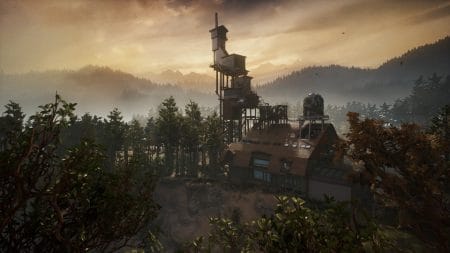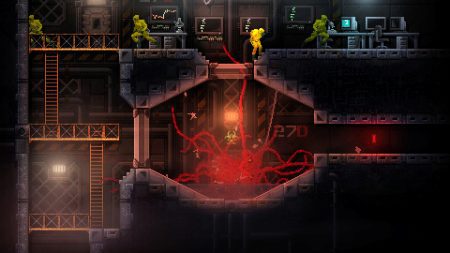To celebrate Bluepoint’s 2020 remake of Demon’s Souls for PS5, here’s a list of every Demon’s Souls bosses ranked by difficulty.
Browsing: Features
Xbox made waves this past September when it announced it’s purchasing Bethesda. Here are the best Xbox games studios, post-acquisition.
The platformer genre is one of gaming’s oldest, so it makes sense some would go unnoticed. Here are six underrated platformers not to miss.
With the re-release of several Mario titles for Switch, you may wonder where to begin. So here’s every Super Mario All-Stars games, ranked.
Some of the best horror games in recent memory are the ones that hide their true selves. Here are six of our favorite secret horror games.
Paper Mario: The Origami King isn’t an RPG… but it isn’t an adventure game, either. Instead, it provides a unique experience wholly its own.
Carrion is the latest game to tell a thrilling story not with words, but through sound, mechanics, and art. Here’s what makes it so enticing.
In this edition of Punished Chat, we discuss our 15 favorite games of the PlayStation 4 and Xbox One console generation.
Harvest Moon has given us some truly terrible bachelors over the years. But which games gave us the best, and which brought us the worst?
We Were Here is a two-player game series centered around co-operative puzzle solving. Read our retrospective to learn why the series is worth your time.


